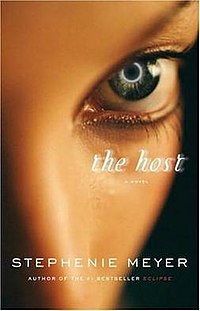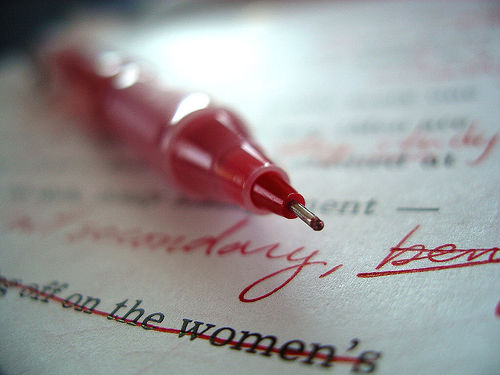 Lots of questions all wrapped up in one subject this month, so, in keeping with the subject, I'll try to answer as fast as I can.
Lots of questions all wrapped up in one subject this month, so, in keeping with the subject, I'll try to answer as fast as I can.Speed Writing
How fast do your first drafts go? Do they take you a year? A month?
Honestly it depends on what I'm writing. I've got a whole pile of drafts that haven't ever been finished properly. Mostly these are NaNoWriMo novels where the missing chunks are outlined but I just haven't had the motivation to finish.
When I'm enjoying writing a story then I'd say on average about a month to get the first draft nailed down. The number of stories that progress past that stage is actually very small though, but that's another story!
 Is your
speed more of a NaNoWriMo style writing or trying to nail down each
word perfectly the first time? What suffers because of your speed?
Is your
speed more of a NaNoWriMo style writing or trying to nail down each
word perfectly the first time? What suffers because of your speed? I don't really change the way I do drafts for NaNoWriMo - I write to try to get down the picture in my head as fast as possible, and if it comes out sounding just right then that's fantastic. Usually it comes out in the form of an outline first, then gets fleshed out into a first draft. I do the same when I'm writing NaNo - the only difference is that I don't delete anything when I'm doing NaNo!
Bonus: What was your shortest novel? Your longest? And what was the main problem in each?
I think my shortest was a children's story that started out as five separate short /stories and then turned into one long one. The main problem with that was that I found I was repeating description a lot. I don't know if that's because I was trying to build wordcount for NaNo, or because I was just seeing the characters with the description first, or if it was because I was thinking I hadn't described them enough, but I really really overdid the description.
The longest is probably one that I'm working on at the moment which is already at 50k and only about half done. I haven't re-read it properly yet to know what problems it has, but I expect I'm find plenty...







.JPG)





























